MCQ ON PHYLUM ASCHELMINTHES class 11 for NEET | MCQ ON NEET Biology class 11th 2022 | MCQ Questions for class 11 Biology chapter 4 PHYLUM ASCHELMINTHES with Answer | Check the below NCERT MCQ question for class 11 Biology chapter 4 based on PHYLUM ASCHELMINTHES with Answers.
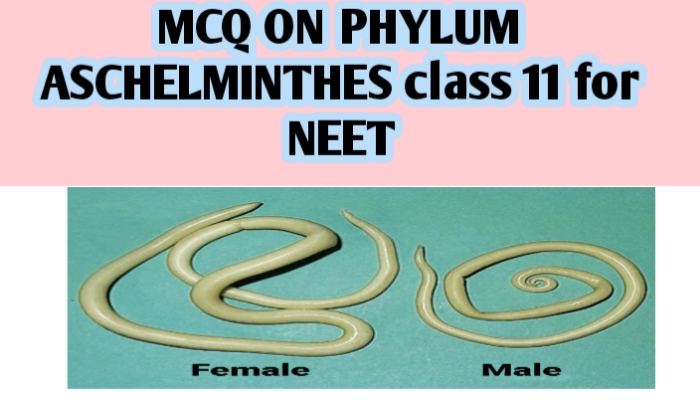
MCQ ON PHYLUM ASCHELMINTHES class 11 for NEET
MCQ Questions for class 11 Biology with Answers were prepared based on the latest pattern. We have provided class 11 Biology MCQs questions on PHYLUM ASCHELMINTHES with Answers to help students understand the concept very well. MCQ on Phylum Aschelminthes is useful for NEET/CSIR/UGC/CBSE/ICSE /AIIMS EXAM/AFMC EXAM/STATE LEVEL MEDICAL EXAM 2022- 23
The phylum aschelminthes includes the roundworms. The body is cylindrical, tapering at both ends, its symmetry is bilateral in roundworms. It is triploblastic. It has organ- system level organisation. There are no locomotory appendages in round worms.
MCQ ON PHYLUM ASCHELMINTHES class 11 for NEET
1.The body of the aschelminthes is circular in cross-section , hence , the name
(a) roundworms
(b) Cnidaria
(c) comb plate
(d) flatworms
Ans (a) roundworms
2.They may be free-living , aquatic and terrestrial or parasite in plants and animals ?
(a) cnidarian
(b) porifera
(c) aschelminthes
(d) Platyhelminthes
Ans. (c) aschelminthes
3.Roundworms have
(a) cell level organisation
(b) tissue level organisation
(c) organ level organisation
(d) organ system level organisation
Ans. (d) organ system level organisation
4.Pseudocoelomate animals are
(a) Platyhelminthes
(b) aschelminthes
(c) porifera
(d) cnidarian
Ans.(b) aschelminthes
5.Animal canel in aschelminthes is complete with a well developed
(a) muscular pharynx
(b) muscular trachea
(c) muscular bronchi
(d) all the above
Ans.(a) muscular pharynx
6.Sexes in aschelminthes are ?
(a) monoecious
(b) dioecious
(c) trioecious
(d) tetraoecious
Ans.(b) dioecious
7.Round worm is
(a) ascaris
(b) wuchereria
(c) ancylostoma
(d) all the above
Ans.(a) ascaris
8.Filaria worm is
(a) Wuchereria
(b) Ascaris
(c) Ancylostoma
(d) none of the above
Ans.(a) Wuchereria
9.Hook worm is
(a) Wuchereria
(b) ascaris
(c) Ancylostoma
(d) taenia
Ans. (c) Ancylostoma
10. They are bilaterally symmetrical triploblastic animals
(a) Taenia
(b) Fasciola
(c) planaria
(d) aschelminthes
Ans. (d) aschelminthes
ALSO READ:-
● YOU CAN WATCH BIOLOGY SIR Youtube channel
11.Hydroskeleton is characterised of
(a) Taenia
(b) Fasciola
(c) roundworms
(d) flatworms
Ans.(c) roundworms
12.Germ layers in round worms is
(a) diploblastic
(b) triploblastic
(c) monoblastic
(d) general body surface
Ans.(b) triploblastic
13.Gland cells in aschelminthes does
(a) nutrition
(b) respiration
(c) excretion
(d) circulatory
Ans.(c) excretion
14.Excretory matter in roundworms is
(a) urea
(b) uric acid
(c) ammonia
(d) all the above
Ans.(c) ammonia
15. The giant intestinal roundworms ?
(a) Fasciola
(b) taenia
(c) ascaris
(d) Schistosoma
Ans. (c) ascaris
16. The hook worm is ?
(a) Fasciola
(b) taenia solium
(c) liver fluke
(d) Ancylostoma duodenale
Ans.(d) Ancylostoma duodenale
17. The filarial worm is
(a) Wuchereria bancrofti
(b) taenia solium
(c) liver fluke
(d) ascaris
Ans.(a) Wuchereria bancrofti
18. Filariasis is caused by
(a) Wuchereria bancrofti
(b) taenia solium
(c) fasciola
(d) plasmodium
And.(a) Wuchereria bancrofti
19.The pin worm, the Hook worm , the pin worm are group of
(a) aschelminthes
(b) platyhelminthes
(c) ascaris
(d) intestine
Ans. (a) aschelminthes
20.The filarial worm lives in the
(a) lymph vessels
(b) lymph nodes
(c) lymph glands
(d) both a and c
Ans.(d) both a and c

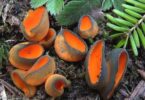
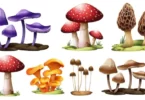
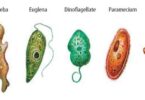
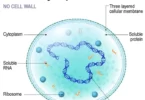
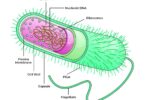
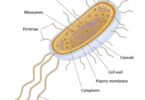
Leave a Comment